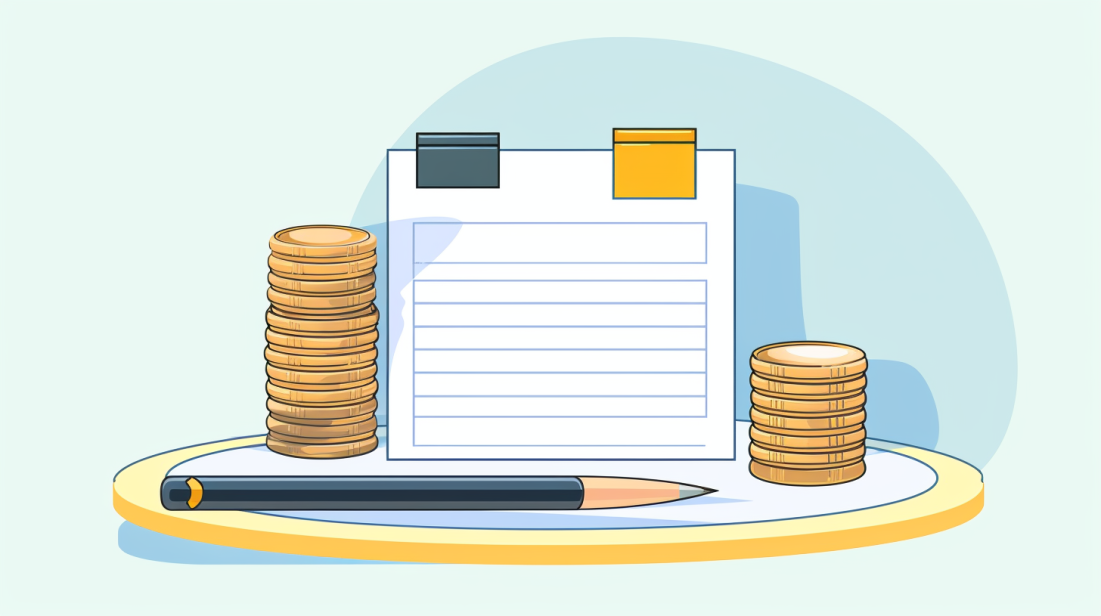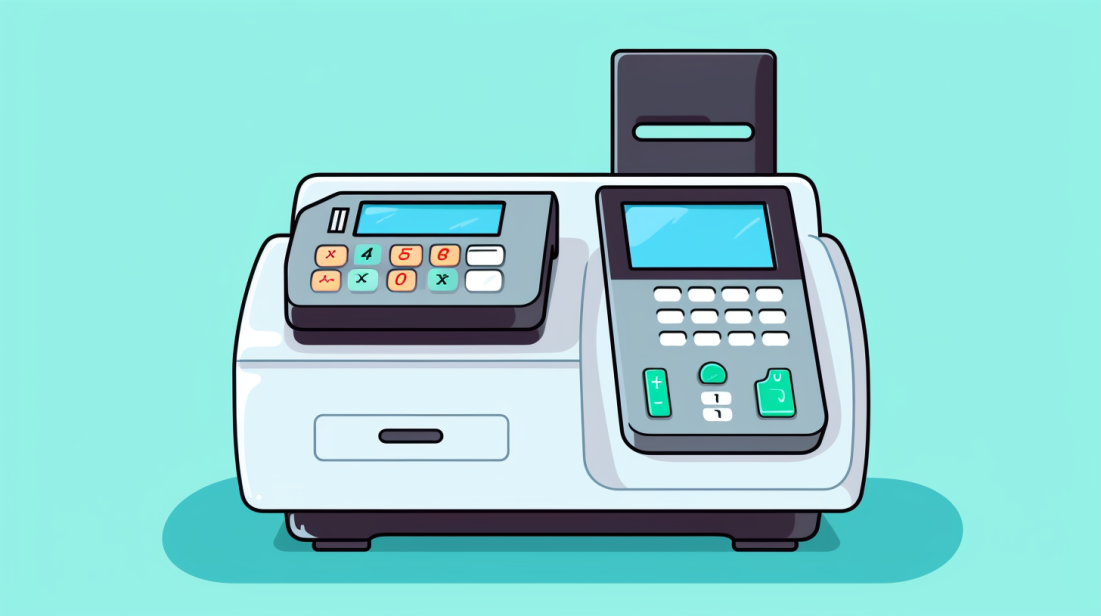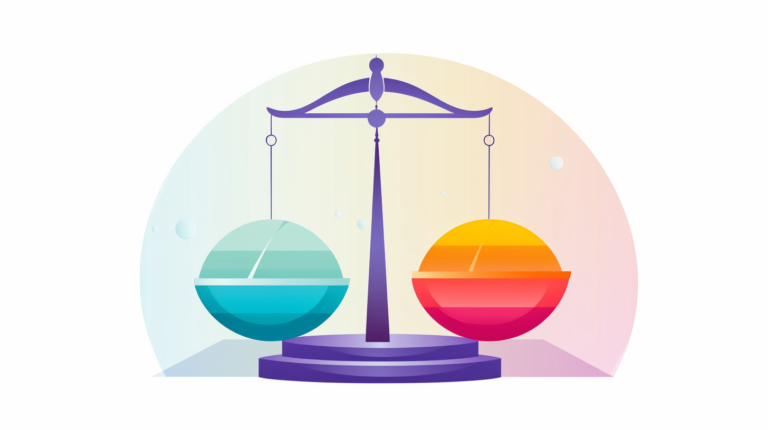Effective Small Business Debt Management Techniques

Running a small business and grappling with debt can sometimes feel like climbing a mountain in the dark – you’re not alone in this struggle. As an entrepreneur myself, I’ve faced my fair share of restless nights stressed over piles of unpaid bills and outstanding loans.
But here’s the silver lining: Through meticulous research and understanding, I’ve managed to navigate through effective techniques that truly assist in managing small business debt proficiently.
In today’s guide, I’ll walk you through straightforward strategies to maintain control over your finances – breaking it all down step by consecutive step so handling debt no longer seems daunting! Are you ready for some financial peace of mind?.
Key Takeaways
- Managing small business debt needs good planning and clear steps.
- Strategies like tracking your debts, improving credit control, cutting spending and earning more help cut down the amount you owe.
- Talking to people who helped with loans or got you into debt can lead to better deals for paying it all off.
- Keeping a close watch on your own money matters is key to managing small company’s debts well.
- If bills are sent out fast and clear, customers will pay on time which can boost cash flow in your business.
- Spreading out tax payments over periods stops huge one – time payments from eating up all of the cash flow at once. This keeps more financial stability for overall growth.
Understanding Small Business Debt

Owing money is normal for a small business. This money can be because of loans taken to grow the business or keep it running. It can also come from buying items on credit, like office supplies or machines used in work.
Business debt can even come from bills that are not yet paid. All these kinds of debts are parts of what we call “small business debt.”.
It’s important to know well about this kind of debt as it affects your financial health and growth plans for your business. This means you need to pay attention to how much you owe and who you owe it to (your creditors).
Also, make sure you know when payments should be made and how high the interest rates are on your loans or credit purchases.
Keeping track helps avoid late fees and any bad marks on your credit score which could harm future loan chances! But don’t worry too much – with smart planning, all this stuff can stay under control.
Effective Techniques for Small Business Debt Management
Gaining control over business debt requires savvy techniques such as organizing and categorizing your debts, fine-tuning the credit control process, cutting down expenses while boosting income, and weaving risk into your business model.
It also involves strategic moves like negotiating better terms with creditors and consolidating various bits of business debt to simplify repayment schedules.
Organizing and Categorizing Debts
Handling business debt can feel like a lot. But one technique to make it more manageable is organizing and categorizing debts. This needs a plan.
- The first thing to do is create a list of all your business debts.
- Next, note the amount of each debt.
- Include how much you have to pay every month for each debt.
- Also show who you owe money to for every loan that you have taken out.
- You then put the debts into different groups or categories.
- One way is to split them by size – big debts and small ones.
- Another way is by due date, putting the nearest ones on top.
- Or you could split them by interest rates, listing the highest rate at the top.
Improving Credit Control Process
A strong credit control process can help your business. This is a part of good debt management practices. You need to check who owes you money and make sure they pay on time. To do this, you must have clear payment terms.
Tell your customers when and how they should pay.
It also helps to use accounting software like Xero US for tracking bills. It shows you who has paid and who still needs to pay up. This way, you find late payments fast, which lets you solve any payment issues right away.
Reducing Spending and Increasing Income

Taking control of your business money is an important step. Here are some tips to help you cut costs and boost income:
- Cut down any useless costs. These can be fancy office decor, or pricey lunch meetings.
- Go for second – hand tools or shared office spaces to save on big expenses.
- Use low – cost marketing ways like social media.
- Increase prices of your goods or services a little bit.
- Try to add more revenue sources. For example, you could host paid webinars or start a subscription service.
- Ask customers to pay sooner, this can help bring in cash faster.
Integrating Risk into the Business Model
Let’s use risk to our advantage in business. Being aware of possible risks helps us make better plans. It is good to create a plan for each risk we might face. This way, we can handle problems well if they happen.
We all know things don’t always turn out as planned in business. So having a risk map ready keeps your business steady and strong during tough times.
Negotiating with Creditors
Talking with your creditors can help a lot. Being honest and open is key. This builds trust and leads to good deals. You can talk about things like less interest, more time to pay, or even debt forgiveness.
Sometimes you might want some help talking with creditors. Credit counseling or debt settlement services are two places that give professional advice. They know the ins and outs of credit talks very well.
A case study shows how this works in real life for a small business. The business spoke up about not being able to pay its debts on time due to poor sales during winter season. It was found out by all concerned parties that smooth dialogue played crucial role towards reaching a common ground where they agreed on viable solution – extending their payment timetable without adding late fees.
Consolidating Business Debt
Putting all your small business debt in one place is called consolidating. This can be good for your business because it makes paying back the money simpler. Consolidating may let you pay a smaller amount of interest on what you owe too.
For this, you can use debt consolidation loans or lines of credit. Paying these back on time will keep more debt from piling up in the future. It’s a smart move to get help from someone who knows a lot about money when doing this, like a financial expert or an agency that takes care of managing debts.
Having a plan to pay everything back and then sticking with it also helps manage debt in this way effectively.
The Role of Good Financial Habits in Debt Management
Effective financial habits are the backbone of successful debt management for small businesses. Leveraging tactics like consistent monitoring of financial books, devising a strategic billing strategy, and spreading out tax payments can drastically enhance your control over debts.
Keep reading to gain insights into these crucial practices that could potentially save you from sinking in the deep pool of business debts!
Regular Monitoring of Financial Books
I find it crucial to keep a close watch on my business money matters. This process is known as “Regular Monitoring of Financial Books“. Here’s why it matters:
- It helps me stay ahead of my debts.
- The facts from the books guide me to make smart choices about money.
- It points out any issues with my company’s financial health.
- I can fix problems before they get too big and hard to manage.
- The more control I have over debt, the more stable my company becomes.
- Go through all the figures at least once a week.
- Look closely at both big and small expenses.
- Spot where I lose money and take quick action to stop it.
Strategic Billing Strategy

Being on top of billing is a smart move to keep cash flowing in your small business. It keeps debt away by making sure people pay you on time. To do this, there needs to be clear rules about when and how customers will pay bills.
Also, it’s important that bills are sent out fast and with no mistakes.
Tech tools can make the billing process easier for your business. They can take care of tasks such as writing, sending, and tracking bills all at once! This makes everything faster and lessens room for error so that every client gets their bill on time without confusion or delay.
Keep track of all invoices still waiting to be paid often so any issue or hold-up gets attention ASAP.
Spreading Out Tax Payments
I use a simple trick to manage my small business debt: spreading out tax payments. This gives me room to breathe and balance my cash flow. It stops me from owing huge money all at once.
Plus, it keeps my business away from more debt. I find it easier to grow when I am not drowning in big sums of unpaid taxes. Clearing smaller amounts can also help improve the credit score of your businesses too! Tax planning is key for every small business owner aiming for financial stability and growth.
Conclusion
FAQs
1. What are some effective business strategies for managing debt?
Debt management plans and business debt consolidation are strategies to handle debt. Financial management tools can also help with budgeting and financial planning.
2. How can a small business reduce its existing debts?
There are several ways, including debt negotiation, creating a strict budget, or pulling in more income through boosted sales or services.
3. Can I get help for my business’s debts?
Yes! There are different types of aid like debt counseling, repayment plans and even government-backed programs such as Small Business Administration (SBA) loans.
4. What will happen if my business cannot pay off its debts?
If you can’t repay your debts, you may have to go into bankruptcy. This is when all assets get sold to pay the bills that you owe but it should be the last option.
5. Does how I manage my expenses affect my small businesses’ credit score?
Managing finances wisely helps uphold good credit scores by ensuring payments aren’t missed which would lead to late payment fees affecting the score negatively.
6.What’s the role of a financial advisor in managing my small business’s finances effectively?
A financial advisor gives valuable guidance on investment strategies, cash flow management and other areas related to overall capital management within your company helping toward successful growth..






